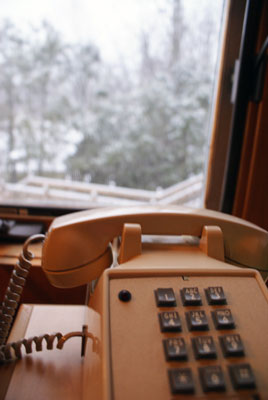All Nonfiction
- Bullying
- Books
- Academic
- Author Interviews
- Celebrity interviews
- College Articles
- College Essays
- Educator of the Year
- Heroes
- Interviews
- Memoir
- Personal Experience
- Sports
- Travel & Culture
All Opinions
- Bullying
- Current Events / Politics
- Discrimination
- Drugs / Alcohol / Smoking
- Entertainment / Celebrities
- Environment
- Love / Relationships
- Movies / Music / TV
- Pop Culture / Trends
- School / College
- Social Issues / Civics
- Spirituality / Religion
- Sports / Hobbies
All Hot Topics
- Bullying
- Community Service
- Environment
- Health
- Letters to the Editor
- Pride & Prejudice
- What Matters
- Back
Summer Guide
- Program Links
- Program Reviews
- Back
College Guide
- College Links
- College Reviews
- College Essays
- College Articles
- Back
Teen Social Media Privacy
It’s eight o’clock, and Ashley is checking her instagram for the fifth time that hour. While cruising through her feed she notices that her friend Natasha has gotten over a hundred likes. She looks back at that perfect selfie she posted and is surprised to see that she only got 56 likes. Even worse, her boyfriend liked Natasha’s photo but not her own. She doesn’t understand, is Natasha prettier than her? No, she obviously isn’t. Does her boyfriend think Natasha is hotter? This doesn't make any sense. Did she do something wrong? Apparently. She immediately wishes she never posted that photo, and takes it down.
Social media is a large part of most people’s life today. In fact, “74% of American adults use social networking sites….” (ProCon.org 1) Social media can be a blast, but is it private enough for teens? Are the next generation’s teens putting themselves in danger on social networking sites? Some may argue that social networking sites include precautionary measures that can be changed in “settings” for anyone who wishes to keep their account private and secure, when in all reality, those settings aren’t enough to keep a single picture from going viral. Although social media can be a fun place for teens, it is actually true that social media is a dangerous place for a teenager to post their information because just about anyone can see and take that information, and the affect social media has on those teenagers is negative.
Facebook, Twitter, Instagram, Tumblr, and Pinterest are just few popular social networking websites. On each of these sites, one would not have to go far to find a teenager’s account whose information is open for the whole world to see; “teens are sharing more information about themselves on social media sites [now] than they did in the past” (Pew Research 2). Teens may be posting the information about themselves, but little do they know that anyone can see it. Teens are putting themselves in danger by posting their real name, face, the name of their school, birth dates, and email addresses. With social media, teens have little to no privacy because they post so much about their lives that their birthday, email, and home address can be easily found, whether the user puts the information out there for everyone to see or someone digs a little deeper in that person’s profile to find all there is to know about that person. Social media is dangerous for a teenager if that teen does not take necessary precautionary measures to make sure their privacy is ensured.
Nowadays, technology is the main form of communication, so it’s no surprise that our generation uses it constantly through everyday life. “ More than half (56%) of teens — defined in this report as those ages 13 to 17 — go online several times a day, and 12% report once-a-day use”(Madden, 1). In our society teens check social media for hours on end, either it be checking how many likes you got on your last Instagram post or watching hilarious videos on Vine, media takes over a teen’s life. The amount of social media used by teens also affects their communication skills. In fact, "there's no question kids are missing out on very critical social skills. In a way, texting and online communicating—it's not like it creates a nonverbal learning disability, but it puts everybody in a nonverbal disabled context, where body language, facial expression, and even the smallest kinds of vocal reactions are rendered invisible." (Ehmke, 1). Since we all communicate so much over social media it affects our real life interactions with one another. Social media usage can become an unhealthy way to talk to others.
Overall, social media has thoroughly changed our teen generation. Throughout social media, a teenager’s privacy is constantly affected, because they post major aspects of their life on medias such as Twitter and Instagram, and use technology like no other generation has before. Social media has become a new way to spread information about yourself throughout the internet so everyone can see. It changes how we interact, see others, and ourselves. Though we all use it everyday you can’t help but wonder; what is social media doing to you?

Similar Articles
JOIN THE DISCUSSION
This article has 0 comments.

I wrote this with my partner, Shasta Longo, so this is by Macyn Elquist and Shasta Longo.